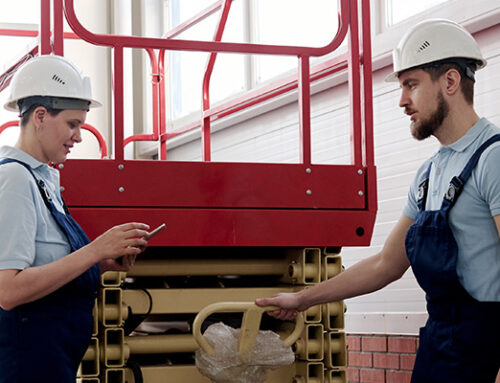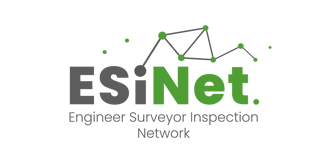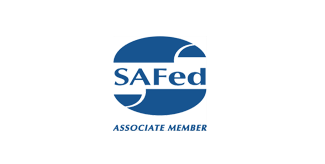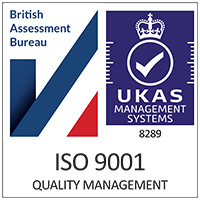Who Can Do a PUWER Inspection or Assessment?
Introduction
In the realm of industrial safety, the importance of compliance with regulations cannot be overstated. One such crucial regulation that ensures the safety of employees and equipment in workplaces is the Provision and Use of Work Equipment Regulations 1998 (PUWER). But who can conduct a PUWER inspection or assessment to ensure your organization is in compliance? In this blog, we will explore the qualifications and requirements for professionals who can perform PUWER inspections, offering clarity for businesses seeking to uphold safety standards.
What Is PUWER?
The Provision and Use of Work Equipment Regulations, commonly known as PUWER, is a set of legal regulations in the United Kingdom aimed at ensuring that work equipment is safe for use. PUWER is a part of the broader Health and Safety at Work Act (1974) and applies to a wide range of equipment and machinery used in workplaces. The primary goal of PUWER is to protect employees from accidents and injuries caused by work equipment, and it places responsibilities on employers, operators, and owners of such equipment to ensure its safety.
Who Can Perform PUWER Inspections and Assessments?
1. Competent Persons
Under PUWER, a “competent person” is someone who possesses the necessary knowledge, training, and experience to inspect and assess work equipment. A competent person can be an in-house employee or an external expert, such as a professional from a safety inspection company. Employers must ensure that individuals designated as competent persons are qualified to carry out PUWER inspections effectively.
2. Qualified Inspectors
Qualified inspectors are professionals who have received specific training and certification in carrying out PUWER inspections. These individuals are typically associated with safety inspection companies and have the expertise needed to assess work equipment for compliance with PUWER regulations. Qualified inspectors are well-versed in the regulatory requirements and can provide comprehensive assessments and reports to businesses.
3. Health and Safety Consultants
Health and safety consultants often have extensive experience in various safety regulations, including PUWER. Employing the services of a health and safety consultant with expertise in PUWER is a wise decision for businesses looking for in-depth inspections and assessments.
4. Manufacturer Representatives
In some cases, equipment manufacturers may also be qualified to perform PUWER inspections on their own equipment. These representatives have intricate knowledge of their products and are familiar with the safety requirements outlined in PUWER. Employing manufacturer representatives can be especially valuable for equipment-specific assessments.
5. Engineering Professionals
Engineers, especially those specializing in the relevant industry, may have the necessary skills to conduct PUWER inspections. Their technical background can be an asset when assessing complex machinery and equipment.
Conclusion
Maintaining compliance with PUWER regulations is essential for the safety and well-being of employees in any workplace that uses work equipment. The question of who can perform PUWER inspections or assessments is answered by individuals and professionals who are deemed competent, trained, and qualified. These individuals can be in-house staff, qualified inspectors, health and safety consultants, manufacturer representatives, or engineering professionals. The choice of who conducts your PUWER inspections should be based on the complexity of your equipment, the extent of the assessment needed, and the specific expertise required to ensure safety and compliance.
At Safety Inspection Solutions, we provide qualified and experienced professionals who can perform thorough PUWER inspections and assessments for your organization. Contact us today to ensure your workplace equipment is safe, compliant, and in accordance with PUWER regulations.
Remember, safety is paramount, and compliance with regulations like PUWER is not just a legal requirement; it’s an ethical responsibility to protect the well-being of your employees and the longevity of your business.











